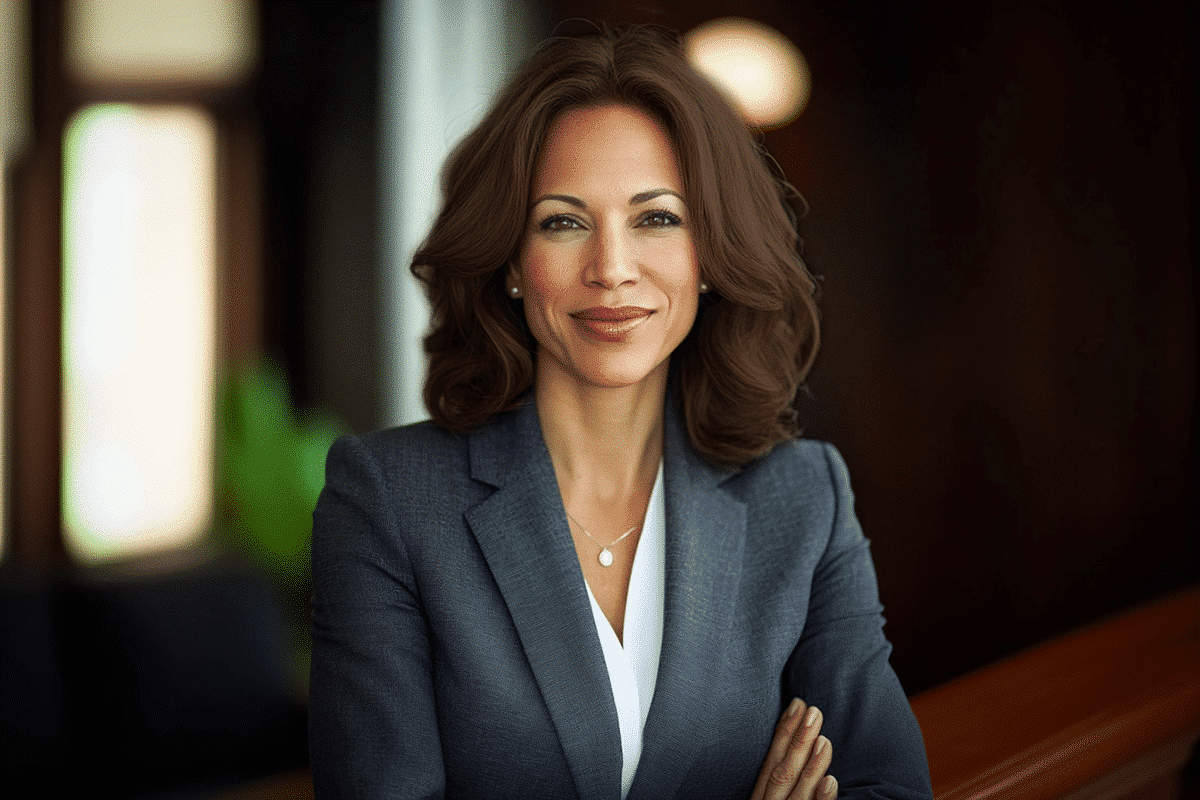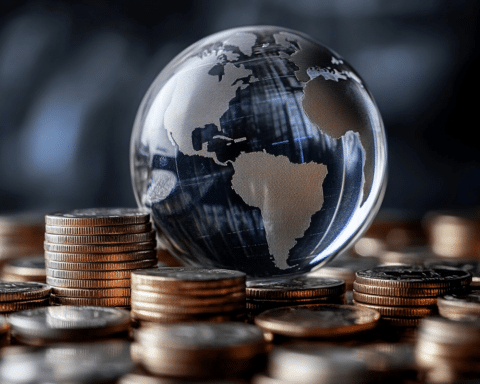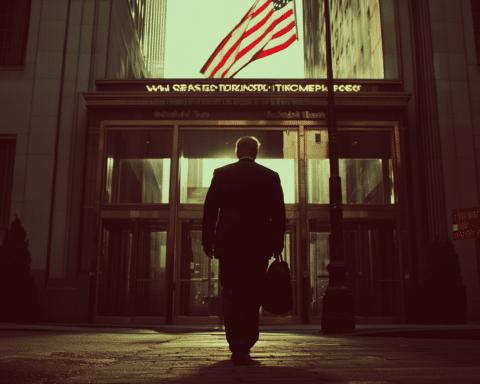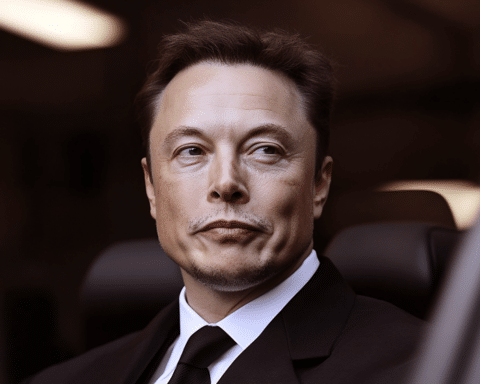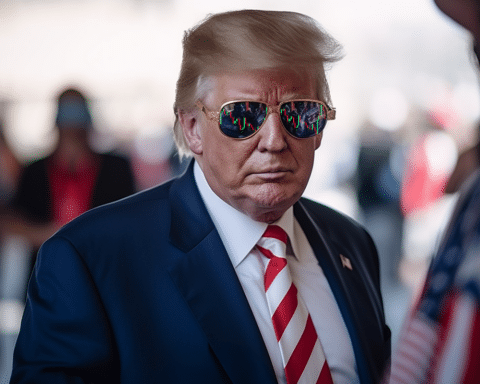Kamala Harris, the current Vice President of the United States, has made a significant impact on Wall Street, gaining the support of some of its most influential figures as she embarks on her presidential campaign. As Harris seeks to connect with everyday Americans frustrated by the nation’s affordability crisis, her unexpected alliance with Wall Street is proving to be a key advantage in her bid for the presidency.
Since President Joe Biden’s decision to step aside in July, Harris has quickly become a favorite among several prominent Wall Street figures. Despite Biden’s progressive administration, which often clashed with big business, Harris has managed to build stronger ties with the financial sector. Her approach is seen as more favorable and less confrontational, providing her with a crucial edge that Biden did not have.
Harris’ history with Corporate America and Wall Street is less defined than Biden’s, allowing her to shape her narrative in a way that appeals to the financial sector. Her tenure as California attorney general and later as a senator has shown a more open and balanced approach, particularly with tech giants in Silicon Valley. This has resonated with Wall Street, leading to significant financial backing for her campaign.
Key figures from the financial world have already shown their support through substantial donations. Jonathan Gray, president of Blackstone, contributed $413,000 to the Harris Action Fund in July. Additionally, Marc Lasry, CEO of Avenue Capital Group, donated $100,000 to her campaign in March, demonstrating early confidence in her potential presidency. Alex Soros, son of billionaire George Soros, has also endorsed Harris, with the Soros family extending their backing to her campaign.
Harris’ ability to attract Wall Street support can be attributed to her pragmatic approach to business regulation. Unlike Biden’s more aggressive stance, Harris has avoided rhetoric that paints corporate America as the villain. Instead, she has acknowledged the role of thriving businesses in supporting the economy and the average American worker. This approach has reassured Wall Street that, while she will enforce regulations, she does not view the scale of enterprise itself as misconduct.
However, Harris’ policies are not without their challenges. Her proposal to raise the corporate tax rate from 21% to 28%, a reversal of the tax cuts introduced during Trump’s administration, has raised concerns among some investors. Critics argue that increasing the tax burden on U.S. companies could hinder economic growth and affect the competitiveness of American businesses on the global stage. Despite these concerns, her campaign continues to receive substantial financial support, indicating that many on Wall Street are willing to back her vision for the country’s future.
Harris’ relationship with Wall Street is further strengthened by her commitment to maintaining the independence of the Federal Reserve. In contrast to Donald Trump, who has openly expressed his desire to influence monetary policy, Harris has vowed to respect the Fed’s autonomy. This stance has been well received by institutional investors who value the central bank’s role in maintaining economic stability free from political interference.
While Harris enjoys significant support from Wall Street, it is not universal. Some financial leaders remain loyal to Trump, attracted by his promises of tax cuts and tariffs, which they believe could spur economic growth. However, there is also concern that Trump’s unpredictable behavior could create instability in financial markets, a risk that Harris does not pose.
Harris’ growing support from Wall Street is a testament to her ability to navigate complex relationships within the financial sector while still appealing to the broader electorate. As her campaign gains momentum, her strategic alliance with Wall Street could prove to be a decisive factor in her bid for the White House. This relationship, built on mutual respect and a shared vision for economic growth, positions Harris as a strong contender in the upcoming presidential race.
